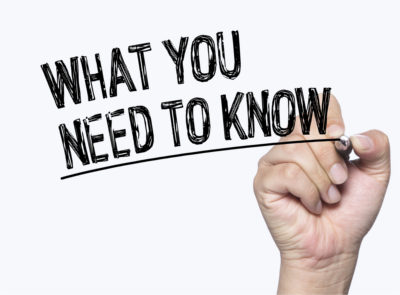Because it actually gains steam in about 48 hours officially and consequences for violating it appear to be pretty strong. Most publishers and such got wind of t he data privacy law not that long after it passed in the state itself. But with it taking full speed ahead next month, I’ve gathered some information everybody should know about the law before it becomes reality.

As of late, data privacy among Americans has become a hot ticket and an even hotter discussion. Companies and advertisers are some of the biggest offenders in collecting private data online and then reselling it for huge profits. California ‘s new data privacy law presumably is a giant effort by state officials to prevent that from happening any l onger.
Think of it kind of like our GDRP law in Europe…
Except with a bunch of American tweaks. The landmark law (the most comprehensive passed in America to date) allows California residents to demand copies of their data reports; obtain and request lists of info and data collected on them as users of a website [etc], and further allows them to instruct a company to delete their data upon request.
Interestingly, the law also requires companies to implement a “do not sell” link on their website which permits users to instruct the company under lawful orders that their data may not be sold under any circumstances.
Who is required to comply?
According to what we’ve found online — and a number of a non-profits at least 500k businesses will be hit by the new law. Although the AG ‘s office in California isn’t actually taking enforcement action against anybody until July of next year. Business who have more than $25m in annual revenue; derive at least half of their income from data harvesting, or buy sell or receive at least 50,000 users’ data are required to comply with the law.
Failure to comply? Here’s what you should know
According to advocates for the law, businesses who do not comply with the law can be fined anywhere from $2,500 to $7,500.

Be First to Comment